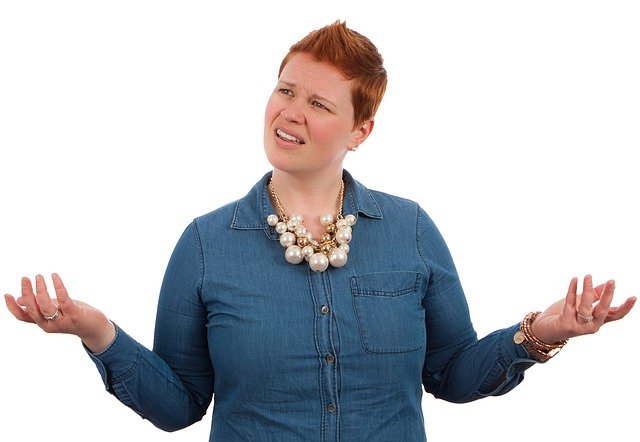I wouldn’t be exaggerating if I told you that every Spanish student I’ve ever had has asked me –at least once– what does ya mean? They think it’s the German yes («ja») when they hear it or, when they read it, they think it’s a misspelling. But that seemingly insignificant monosyllable is an adverb, and it’s not only used in Spanish with an overwhelming frequency, it also has a shattering number of meanings according to each use and region. In this post we’ll list nine different uses of ya, because mastering the uses of ya will go a long way in making your Spanish sound more natural.
Already?
One of the most common uses of ya is to talk about something that has occurred in the past or has just happened. Pretty much like the English already.
- Ya hice mi tarea de español.
I’ve already done my Spanish homework. - Ya comí.
I’ve already eaten.
Whether you did it three months ago or you’ve just finished it a minute ago, you could say ya at the beginning of the sentence, to stress that it’s done.
Right away!
Whenever you need something done immediately, right away!, you would use ya to make your point. You could also say ahora (now), but ya, at the end of the sentence,will definitely get people moving faster. English sometimes uses already! in this sense. All right already, let’s move!
- Haz tu tarea ya.
Do your homework right away. - ¡Nos vamos ya!
Let’s go already!
What about now?
Sometimes Spanish speakers use ya to talk about a current state of affairs linked to a situation that occurred in the past. Here it stresses a difference or a change, and it has a sense of now or not anymore.
- Estaba muy enfermo, pero ya estoy bien.
I was very sick, but I’m well now. (=I’m no longer sick.) - Carlos ya no fuma.
Carlos doesn’t smoke now. (=He used to, but not anymore.)
Related to this sense, use ya to stress that you understand or see something now that you weren’t understanding or seeing before.
- Ya entiendo.
I understand now. - Ya lo veo.
I see it now.
Not now, but rather later
On the other hand, ya can mean not now, in other words later, to postpone something or to let people now that something will be done in the future.
- Bueno, ya lo resolveremos.
Well, we’ll figure it out later. - Ya veremos.
We’ll see…
Finally
After a long time waiting for something to happen, you can use ya to show that time’s up and whatever that thing is that you’ve been waiting for, it either has just happened or it’s got to happen right now.
- Ya llegó.
He finally arrived. - Ya es hora de partir.
It is time to leave.
Be patient
If somebody is calling you or knocking at the door, ya can be used to express that that person doesn’t need to wait any longer.
- Ya voy.
I’m coming. - Ya van. Un momento, por favor.
They’re coming. Just a moment, please.
Hold your horses!
You can spot a Spanish speaker from Venezuela or Colombia the moment you hear them say: ya va. It’s incredible helpful to use it when you need to tell somebody to hold on for a second, slow down or do something over.
- Ya va, necesito pensarlo mejor.
Hang on, I need to think it over more. - Ya va, no entendí lo que dijiste.
Hold on, I didn’t understand what you said.
We’ll be done in a second
And since we’re spotting regional variations of ya, we can’t forget the classic ya mero from Mexico. They use this expression in a sense close to right away, but also to indicate that they will do something immediately.
- ¿A qué hora te vas?
What time do you leave? - Ya mero.
Right now!
Ya es suficiente. That’s enough already. Practice the use of ya, listen for how native speakers use it, use it as much as you can, and you’ll see how your Spanish speaking colleagues will appreciate how natural you sound.
Learn Spanish with the Language Garage!
If you’re looking for convenient and affordable live Spanish lessons with a real teacher, check out The Language Garage. Our lessons are given online in a virtual classroom, so it doesn’t matter where you live or work – we can come to you. And we flexible options, with a free trial so that you can decide if there’s a fit. Check us out!
Image by Nebraska Department of Education from Pixabay




